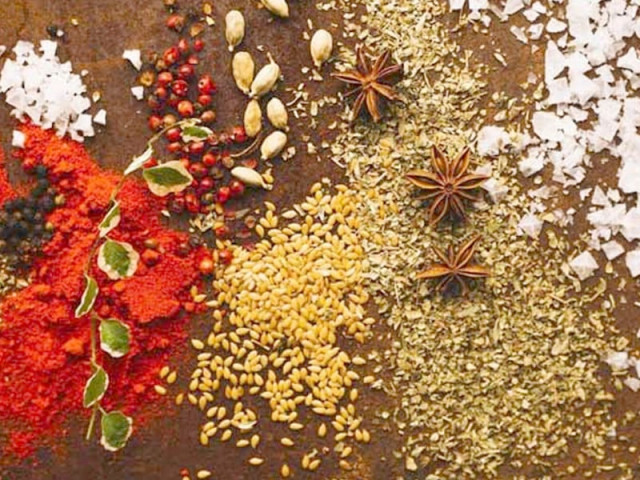'Preserving spice quality crucial amid monsoon'
.

In Asia's vibrant culinary traditions, spices are not just ingredients, they are the soul of the cuisine. From Karachi's lively streets to Delhi's spirited markets, spices are revered for their flavour and deep cultural significance.
They form the essence of traditional dishes, imparting every meal with aromatic richness passed down through generations. As these spices gain global acclaim, preserving their quality, particularly during the challenging monsoon season, becomes vital.
The story of spices is deeply intertwined with the history of the Indian subcontinent. Mentioned in ancient texts like the Rig Veda (around 6000 BC), spices have been central to both culinary and medicinal practices in Asia. Their trade influenced major historical events, as civilisations like the Greeks, Romans, and Arabs sought these valuable commodities. The spice trade drove explorations by figures such as Vasco da Gama and Ferdinand Magellan, underscoring their global importance.
"Spices are the soul of our dishes and directly impact our success," says the Chef of the Balla Tikka House, Rawalpindi known for Asian cuisine. "When spices lose their potency due to humidity, it's not just about flavourit's a business risk. Compromised spices lead to compromised dishes, resulting in disappointed customers and lost revenue."


















COMMENTS
Comments are moderated and generally will be posted if they are on-topic and not abusive.
For more information, please see our Comments FAQ